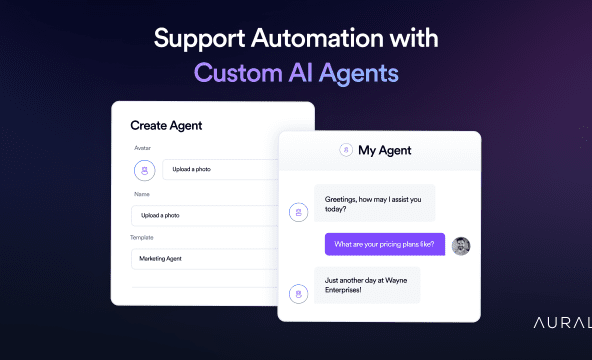Future of automation
The future of automation is poised to reshape industries and redefine how businesses and individuals operate, focusing on efficiency, scalability, and innovation. Driven by advancements in artificial intelligence (AI), machine learning, robotics, and the Internet of Things (IoT), automation is evolving to handle increasingly complex tasks, transforming both traditional and digital workflows across sectors.
One of the most significant trends in automation is the rise of intelligent automation, where AI and machine learning enhance traditional automated systems. These technologies enable machines to learn from data, make decisions, and adapt to changing conditions, allowing businesses to automate not just repetitive tasks but also those requiring judgment and analysis. For instance, AI-driven automation can optimize supply chains, predict maintenance needs in manufacturing, and provide personalized customer experiences in real-time.
Hyper-automation, another emerging trend, involves automating as many business processes as possible using advanced tools such as robotic process automation (RPA), AI, and analytics. This holistic approach integrates systems and workflows, creating an interconnected environment where machines handle tasks end-to-end, from data collection to decision-making and execution. Hyper-automation enhances productivity and reduces operational costs while enabling businesses to scale their operations seamlessly.
Automation’s impact on the workforce is expected to evolve significantly. While it will replace certain routine and manual jobs, it will also create new opportunities in areas like programming, AI model training, and system management. The future will emphasize collaboration between humans and automated systems, with humans focusing on creative, strategic, and interpersonal roles while machines handle repetitive or data-intensive tasks.
In industries such as healthcare, finance, and logistics, automation is set to revolutionize operations. For example, robotic surgery, AI-driven diagnostics, automated financial analysis, and autonomous vehicles will become mainstream, improving accuracy, speed, and reliability. In customer service, automation will continue to enhance experiences through AI chatbots, virtual assistants, and predictive tools.
Sustainability is another area where automation will play a crucial role. Automated systems will optimize energy usage, reduce waste, and enhance resource management across industries, supporting global sustainability goals. Smart grids, precision agriculture, and waste management systems powered by IoT and automation are examples of how this technology will drive environmental progress.
Data security and ethical considerations will shape the future of automation. As automation handles more sensitive data and critical processes, ensuring robust cybersecurity and adhering to ethical guidelines will be paramount. Transparent practices and compliance with regulations will be essential to building trust in automated systems.
In conclusion, the future of automation is marked by its growing intelligence, integration, and transformative potential. By streamlining processes, enhancing decision-making, and enabling innovation, automation will continue to drive progress and redefine what is possible across industries and daily life.

- Articles
-
 Amy
Amy
- 10 min read
